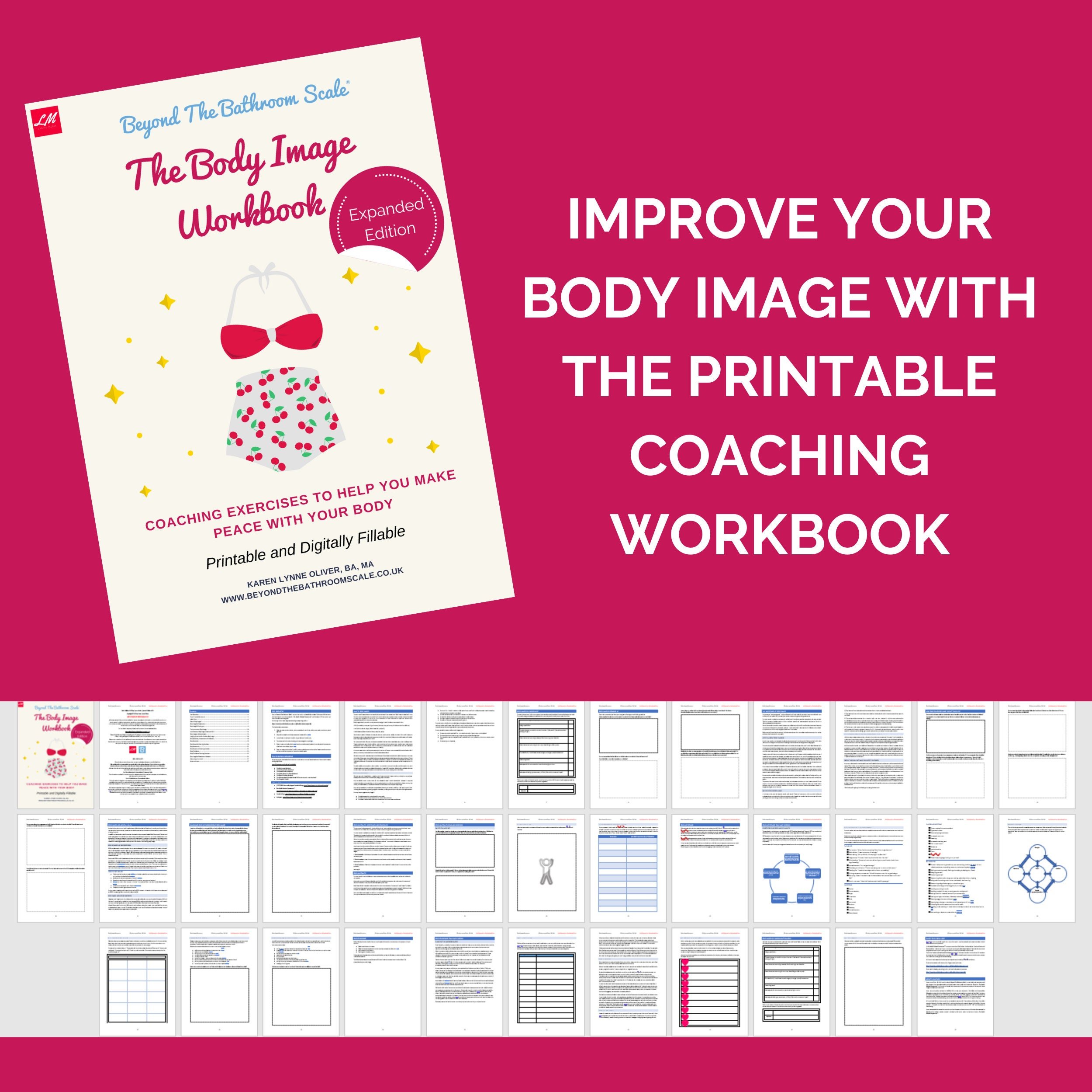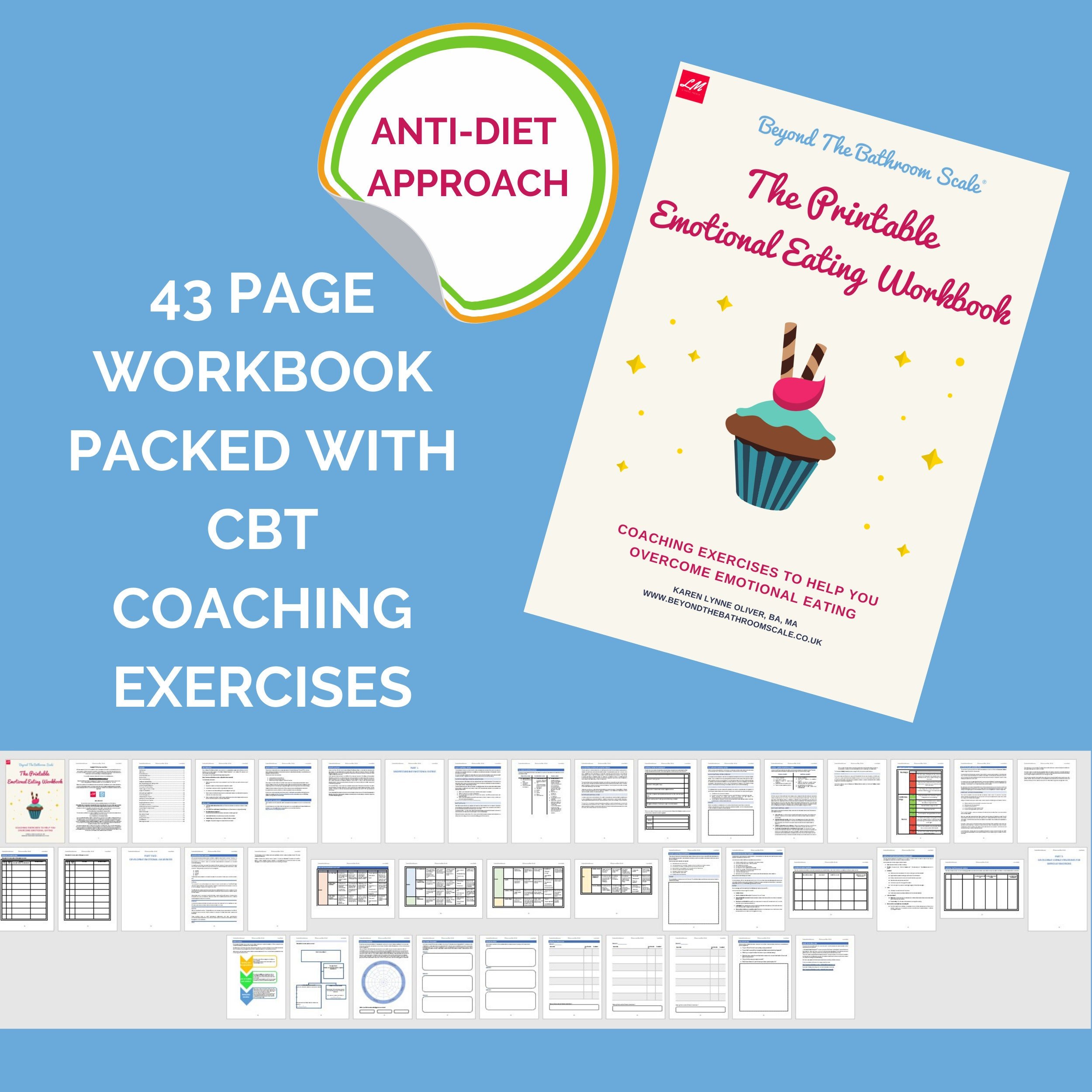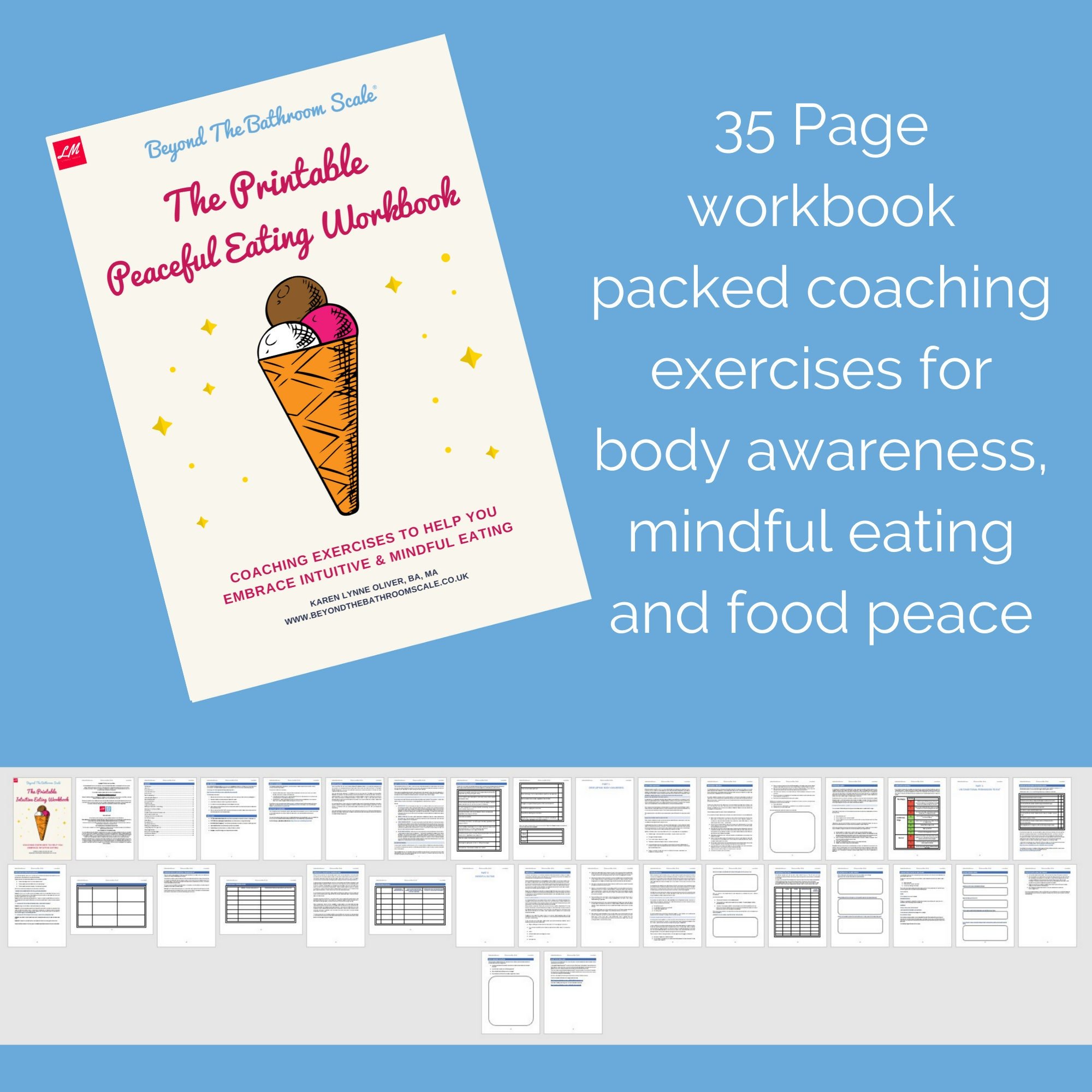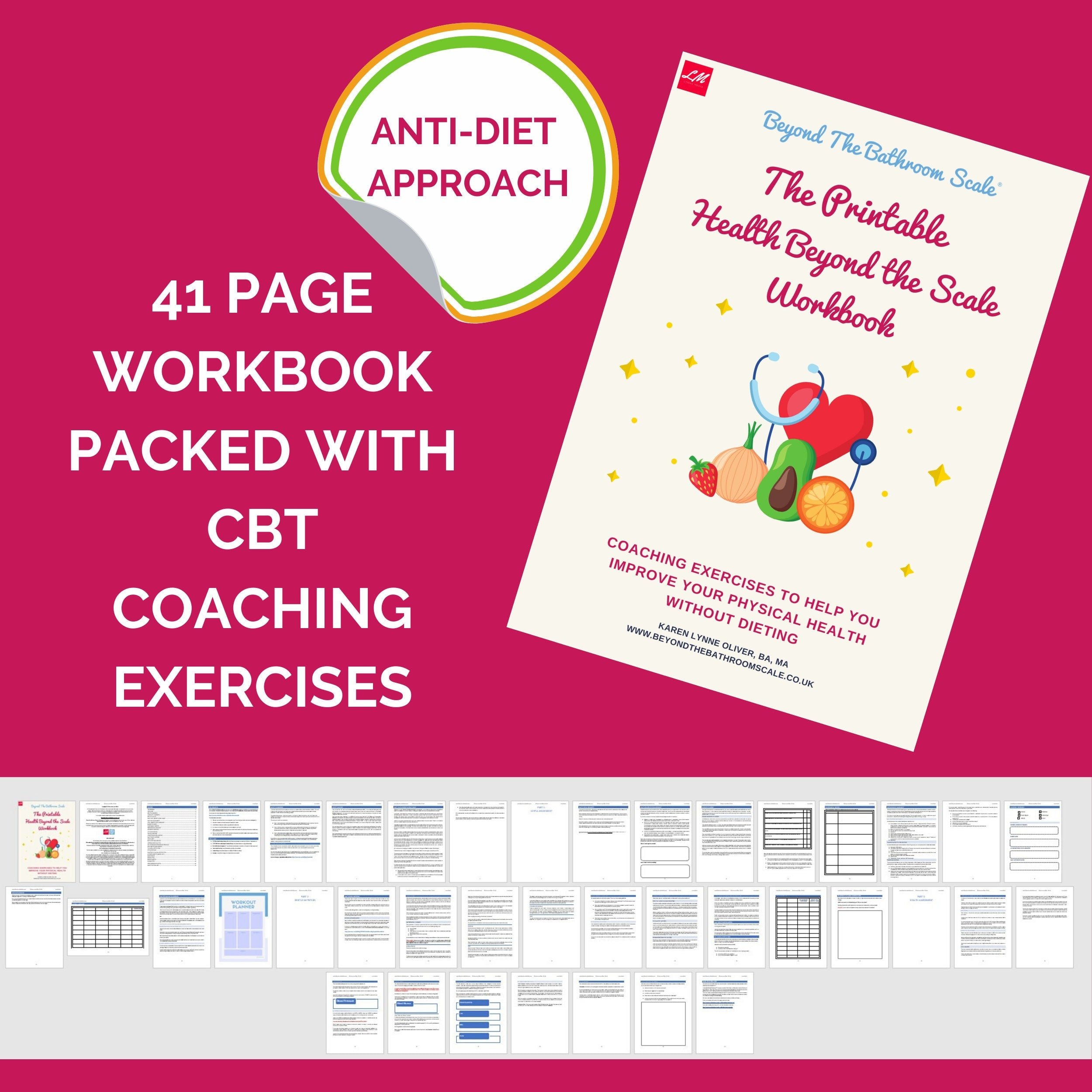What made you obsessed with diets?
In my previous post on mindset, I explained the difference between the dieting mindset and a healthy one. So this week I wanted to talk about where that dieting mindset came from in the first place. We're not born with the instinct to diet or restrict food, in fact, it completely goes against our instincts (which is why dieting fails in the first place!). This is something we learn (and sometimes from a worryingly young age!). So let's look at some of the factors which contribute to the dieting mindset:
Childhood Experiences
Our earliest memories have a huge role to play in shaping our mindset. Childhood experiences might include bullying at school or in the home, parental dieting, criticisms over your food, exercise habits and your appearance, and also listening to how other female members of the family talked about their own bodies, dieting habits and philosophies. All of this can all influence how you feel about your body and food long into adulthood.
Our Peers
As we grow up and long into adulthood, our peers become an important influence in our lives. Think back to when you were a teenager, how did your friends talk about their own bodies? What did they view as attractive? How did your friends talk about other people's bodies? Even as an adult, do your colleagues and friends speak positively about different body shapes, or do they gossip about and shame others? Do they put themselves down?
People in Authority Positions
For example, doctors and teachers. Does your doctor weigh you when you go to the clinic and attribute all of your health concerns to your weight? Do you feel like even seemingly unrelated conditions are blamed on your weight?
When it comes to teachers, I've written before about how my high school PE teacher pulled me aside and told me to wear a sports bra because my "boobs were bouncing around and distracting the lads playing football". Unbeknown to her, I was already wearing two sports bras in a failed attempt to reduce painful bounce, but now I felt ashamed, humiliated and was put off exercising in public for the entire decade that followed after that. I spent all of my teen years hating my breasts after that and wasted a lot of time researching breast reduction surgery when what I really need was help in accepting my body and changes caused by puberty (a bra fitting appointment would have helped too!).
The Media
Films, magazines, story books, adverts. Ever notice how evil characters in children's book are often portrayed as fat? And how rich, happy, successful people on TV are always slim, young, white and attractive. We're already well aware of how much air-brushing and photo-shopping goes into magazines and adverts. There's also the issue of marketing in such a way that we discover so-called 'flaws' in ourselves that we didn't know existed. If you were born on a desert island, you wouldn't know what cellulite was, let alone give a crap about it. These 'flaws' are invented by businesses and their marketing tactic is to make us feel bad about ourselves and trigger a need to look for solutions or products we can buy to 'fix' these apparent flaws.
Social Media
As we know, social media is a hive of carefully curated and filtered best bits of people lives. Gym selfies, photos of food, smiling faces on weigh-in day. How do these make you feel? You can post a picture of your 'healthy or 'on plan' meal and be applauded by complete strangers for it, and share a status about your weight loss and receive a flood of likes and compliments from old school friends. It gives us a thrill and makes us feel good temporarily to the point that Social Media can feel like an addiction. It's easy to see how some individuals end up taking their dieting habits to extremes when they become reliant on the approval of others, in order to validate their lifestyle choices.
Societal values
Our society deems fatness as a moral issue, attributing it to being 'lazy', 'greedy', 'out of control’. It places the blame firmly on the individual who has: 'no restraint', 'no willpower', and is 'damaging to the health care system and putting a strain on society’. At the other end of the scale, society praises people for weight loss: "you look well", and even views them as being more attractive: “You're prettier now you've lost weight".
Diet Culture
All of the above influences feed into and are part of what's referred to as 'Diet Culture'. In the Diet Culture module of coaching app we look at where these attitudes and values originally come from, as well as debunking the many myths that surround diets, fatness and being overweight.
Consciously looking a Diet Culture instead of unconsciously being swept up by it, often makes people feel angry towards profit making industries who seek to make us feel bad about ourselves. This feeling of anger isn't a bad thing at all - you should feel angry toward diet culture! It has an awful lot to answer for and is responsible for destroying our physical health, mental well-being and body image. Harnessing this anger and using it to rebel against Diet Culture is a key part in healing the relationship you have with food, exercise and your body, which is exactly what we aim to do in the coaching app.







